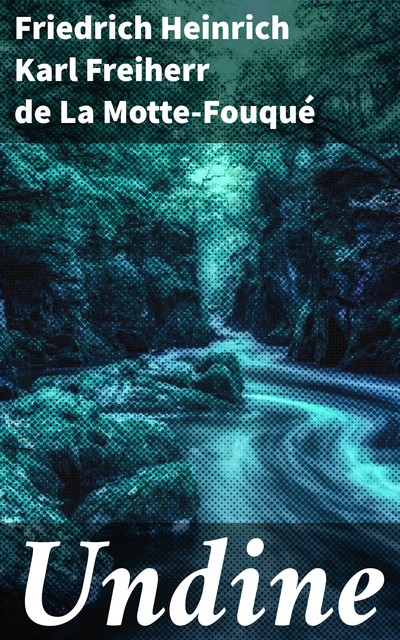In “Undine,” Friedrich Heinrich Karl Freiherr de La Motte-Fouqu√© weaves a mesmerizing tale that merges fantasy and romance, rooted in the German romantic tradition. The novella explores the complexities of love and identity through the character of Undine, a water spirit who longs to gain a human soul. Fouqu√©'s lyrical prose and rich, vivid imagery create an enchanting world where the boundaries between the natural and supernatural blur, reflecting Romanticism's preoccupation with emotions, nature, and the sublime. The text invites readers to ponder the philosophical implications of love and the essence of humanity, questioning what it means to truly belong. Fouqu√©, a prominent figure in the early 19th-century German Romantic movement, were profoundly influenced by the cultural currents of his time, including mythology, folklore, and the idealization of nature. His experiences in the Prussian countryside inspired his vivid representations of the natural world. “Undine” is a testament to his literary prowess, showcasing his ability to transcend conventional storytelling through deep emotional resonance and a nuanced portrayal of the human condition intermixed with mythical elements. This novella is highly recommended for those captivated by the interplay of myth and emotion, as well as readers interested in the Romantic literary tradition. “Undine” offers a timeless reflection on love's power and the eternal struggle for selfhood, making it an essential addition to the canon of European literature.


